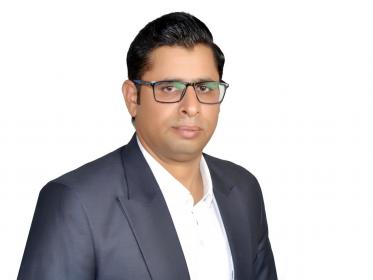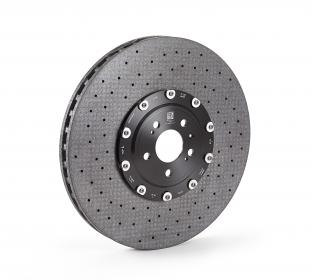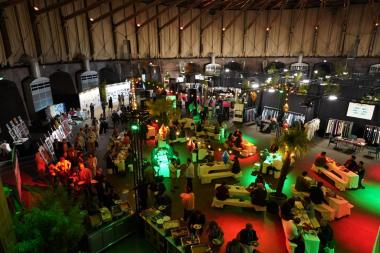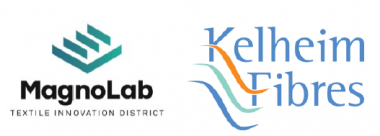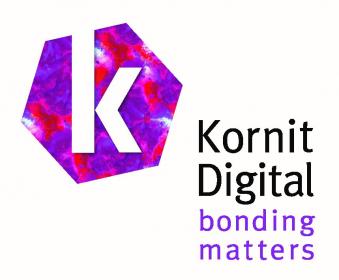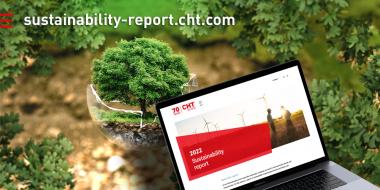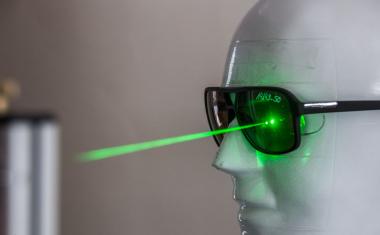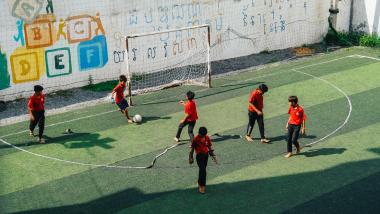RUDOLF wins Responsible Care Federal Competition 2023
The innovative company RUDOLF has been honoured for its outstanding achievements in the field of sustainability and environmental protection and has won the coveted Responsible Care Federal Competition 2023 in the category SME.
The award was presented as part of a competition organised by the German Chemical Industry Association (VCI). Responsible Care is a voluntary initiative of the chemical industry. Its aim is continuous improvement in the areas of environmental protection, health and safety. Chemical companies and associations in more than 50 countries support the initiative. The award-winning project of the innovative company RUDOLF impressed the jury with its pioneering technology, which reduces CO2 emissions by up to 99.9 % compared to conventional cooling systems. „The project uses near-surface geothermal energy for industrial cooling - according to the motto „Efficiency First“ the most efficient way has been chosen!“ - Jury statement
TerraCool‘s winning system uses near-surface geothermal energy as the most natural form of cooling. It utilises the constant temperature of around 10°C at a depth of around 10 metres below ground. A specially developed heat exchanger system takes advantage of this natural cooling effect. In the future, it will be used to cool chemical production processes at RUDOLF. The main advantage of this technology is that it is CO2 neutral. The technology is highly efficient and consumes only 0.1 % of the electricity used by conventional cooling systems. By using natural resources, the system reduces CO2 emissions by up to 99.9 % compared to conventional cooling systems, resulting in a very presentable carbon footprint. Another impressive aspect is its high energy efficiency. With just 1 kW of electrical energy, the system generates up to 600 kW of cooling capacity, thanks to the use of a highly energyefficient circulating pump system. Energy is, and will continue to be, a valuable „raw material“ for our industry and one that we need to manage carefully. The system is self-contained and has no contact with groundwater. No environmentally harmful refrigerants or antifreeze are required. With this technology, RUDOLF has made a pioneering contribution to the climate-neutral transformation of the economy, proving that innovative solutions can go hand in hand with environmental protection and sustainability. The Responsible Care award recognises the company‘s commitment to a greener future.
Rudolf GmbH













